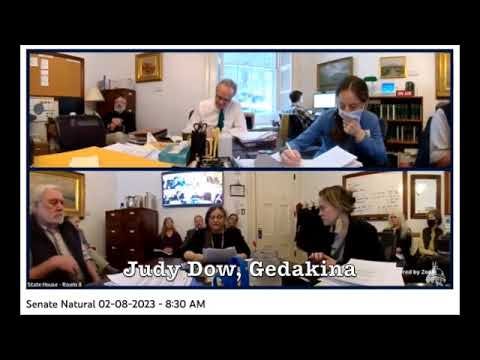Equity and social justice provisions of GWSA are a farce
Activists call out senators for failures in Clean Heat bill
It is no secret that “social justice” and “equity” are the watchwords of today’s progressive politics. But are they more than words? Not according to several witnesses to the Clean Heat Standard led by Judy Dow, Executive Director of Gedakina, a member of the Abenaki tribe, and a member of the Climate Council’s Agricultural and Ecosystems subcommittee a…
Keep reading with a 7-day free trial
Subscribe to Behind the Lines: Rob Roper on Vermont Politics to keep reading this post and get 7 days of free access to the full post archives.



